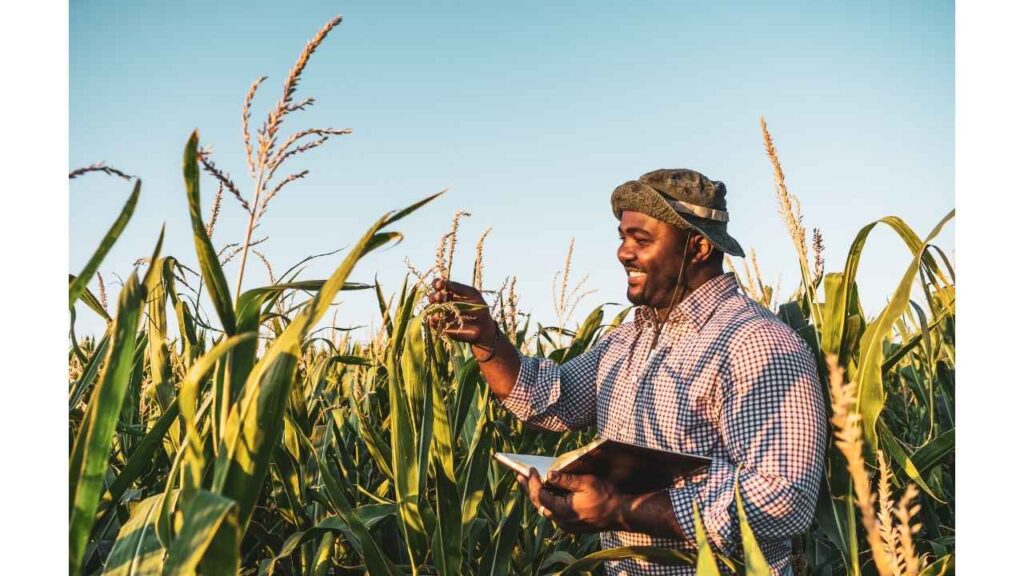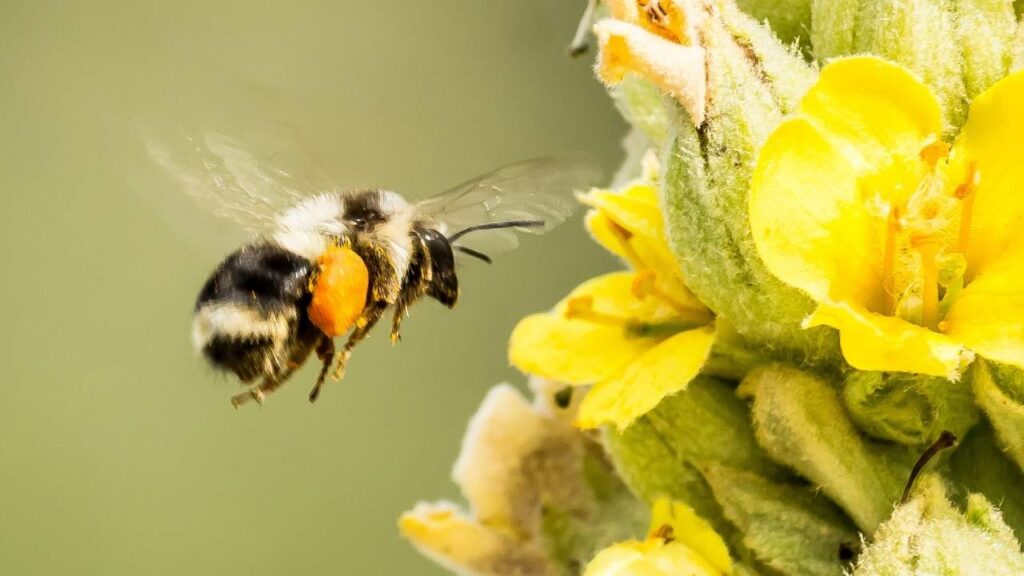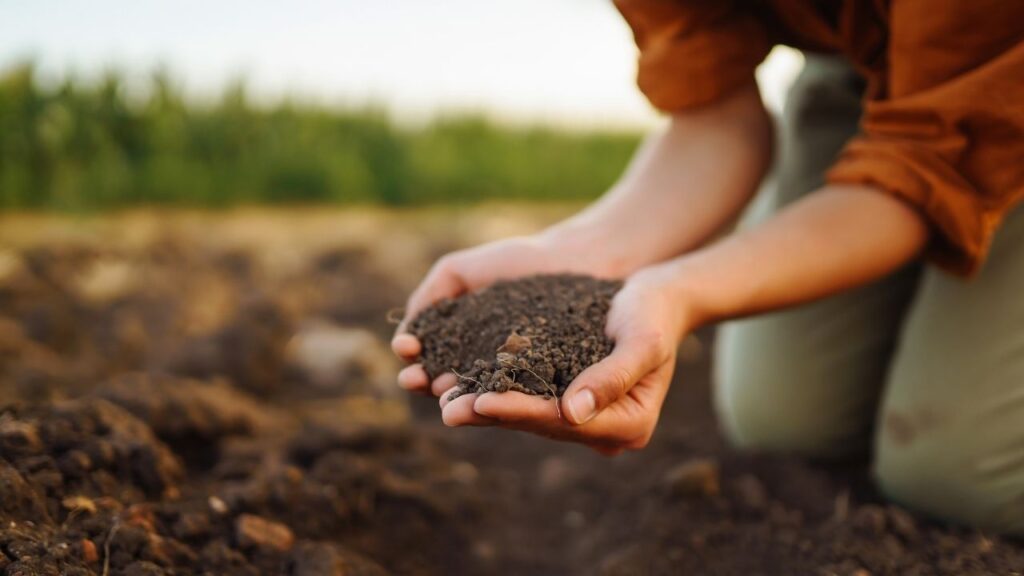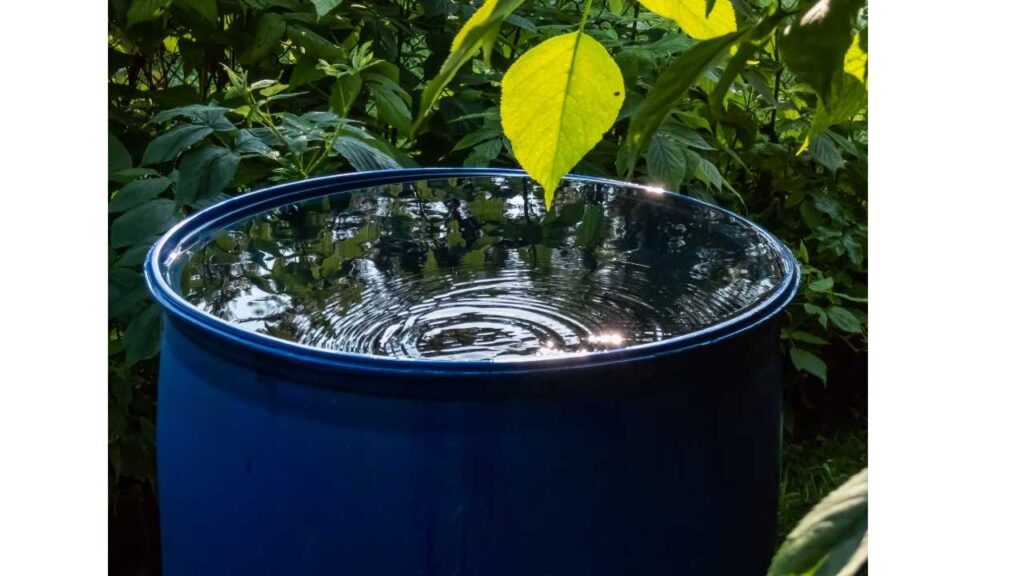5 Practical Tips for Sustainable Agriculture
Sustainable agriculture is all about farming in a way that doesn’t harm the environment, but actually helps it sustain.

Okay, I will give you an example – Think of it like a beautiful dance between nature and farming. Instead of just taking from the land, sustainable agriculture gives back. It’s like saying, “Hey soil, you’ve been working hard for us, so here’s some extra nutrients to keep you strong!” It’s all about keeping the balance in check.
Now, let’s talk about our little buddies, the pollinators. Bees, butterflies, and even birds—they’re like the superheroes of the farm world. Sustainable agriculture creates a safe haven for them, providing habitats and food so they can keep doing their important job of pollinating our crops.

And water? Oh boy, water is like gold in the farming world. With sustainable agriculture, we’re careful not to waste a single drop. We collect rainwater, use efficient irrigation systems, and even plant crops that don’t guzzle up too much H2O.
Table of Contents
With sustainable mindset, Every action matters! Check our recent blog post on (sustainable) Energy, Meat Sustainability , City , E-waste, Tips too!
But here’s the best part: sustainable agriculture isn’t just about protecting the environment. It’s also about taking care of the people who work the land. That means fair wages, safe working conditions, and making sure everyone has a seat at the table, from the farmer to the farmworker.
Start With Soil

Having a healthy soil is crucial for a successful garden. Instead of using chemical fertilizers, why not give composting a try? Gather kitchen leftovers such as fruit peels, coffee grounds, and eggshells, and let them break down into nutrient-packed compost. This “black gold” can then be mixed into your garden beds, providing your plants with a natural and beneficial boost.
Conserve Water

Water is valuable, so we should be smart about how we use it! Consider setting up a rain barrel to gather rainwater from your roof, and utilize it for watering your garden when it’s dry. Another option is to explore drip irrigation systems, which help conserve water by delivering it straight to the plant roots, minimizing evaporation and excess usage.
No Chemicals

Pesticides and herbicides may appear to be easy solutions, but they can actually hurt helpful bugs, soil organisms, and even people! It’s better to try out natural pest control techniques such as companion planting, manually removing pests, and using organic insecticidal soaps or neem oil.
RELATED BLOG :- Guide To Green Cleaning
Reduce/Reuse/Recycle

Be imaginative with your garden supplies! Transform old containers, buckets, or damaged pots into planters. Utilize newspaper or cardboard as weed blockers. Save seeds from your preferred plants for replanting in the future.
Agroforestry

Agroforestry is a revolutionary concept in sustainable farming. It involves deliberately combining trees and shrubs with crops and/or livestock on the same piece of land. This creates a small-scale ecosystem on the farm, where every component collaborates to enhance the overall productivity and well-being. Learn more about agroforestry on this blog- Agroforestry Frequently Asked Questions by usda.gov.
Clearing your further queries with 5 FAQs
Did You Know? According to the Rodale Institute, organic farming practices (a key component of sustainable agriculture) can reduce greenhouse gas emissions by up to 45% compared to conventional agriculture.
Is organic farming the same as sustainable agriculture?
Organic farming is a specific type of sustainable agriculture that emphasizes avoiding synthetic fertilizers, pesticides, and genetically modified organisms (GMOs). However, sustainable agriculture is a broader concept that encompasses many practices beyond organic certification.
It focuses on the overall health of the ecosystem and long-term viability of the farm.
Can sustainable agriculture produce enough food to feed the growing population?
This is a complex question with ongoing research. Some studies suggest that sustainable practices can maintain or even increase yields, particularly in the long term. This is because healthy soil, fostered by sustainable practices, is more productive and resilient.
However, transitioning to fully sustainable agriculture may require adjustments in consumption patterns and reducing food waste.
How can I as a consumer support sustainable agriculture?
Consumers have significant power! Here are some ways to show your support:
1. Buy local: Supporting local farms that use sustainable practices keeps your food dollars circulating in your community and reduces the environmental impact of transportation.
2. Look for certifications: While not a guarantee, certifications like USDA Organic or those from reputable sustainable agriculture organizations can help guide your choices.
3. Reduce food waste: Plan your meals, buy only what you need, and compost food scraps. This reduces the overall demand on agricultural systems.
4. Spread awareness: Talk to your friends and family about sustainable agriculture. The more informed consumers are, the greater the demand for sustainable products.
What role does government policy play in promoting sustainable agriculture?
Government policies can significantly influence the adoption of sustainable practices. Examples include:
1. Incentives: Offering financial assistance or tax breaks to farmers who implement sustainable practices.
2. Research funding: Supporting research into new sustainable technologies and farming methods.
3. Regulations: Setting environmental standards for agricultural practices to protect soil, water, and biodiversity.
What are the future prospects for sustainable agriculture?
The future of sustainable agriculture is promising. As technology advances, new tools and techniques will emerge to improve efficiency and environmental impact. Additionally, consumer demand for sustainable products is growing, creating a strong market incentive for farmers to adopt these practices.
Conclusion
Thank you for joining us on this journey through the world of sustainable agriculture. Together, we’ve cultivated a deeper understanding of why sustainable farming practices matter, It’s about nurturing the land, protecting biodiversity, and ensuring a healthy future for generations to come.
From the importance of soil health to the benefits of native plants and water conservation, we’ve explored practical ways to make a positive impact in our own gardens and communities. By embracing sustainable agriculture, we’re not just growing food; we’re sowing the seeds of resilience, stewardship, and harmony with nature.

As we bid farewell, let’s remember that every small action counts. Whether it’s composting kitchen scraps, supporting local farmers, or choosing organic produce, each choice we make contributes to a more sustainable food system.
So, thank you for your curiosity, your passion, and your commitment to a greener, more vibrant world. Together, we’re cultivating change, one garden at a time. Until we meet again, happy gardening!
Let’s keep the conversation going – share your thoughts and ideas in the comments below.🙂
If you have any further queries in this topic, You can Email us at contact@wecareearth.com. Thank You for being eco conscious! We warmly welcome you at wecareearth.com |

One Comment